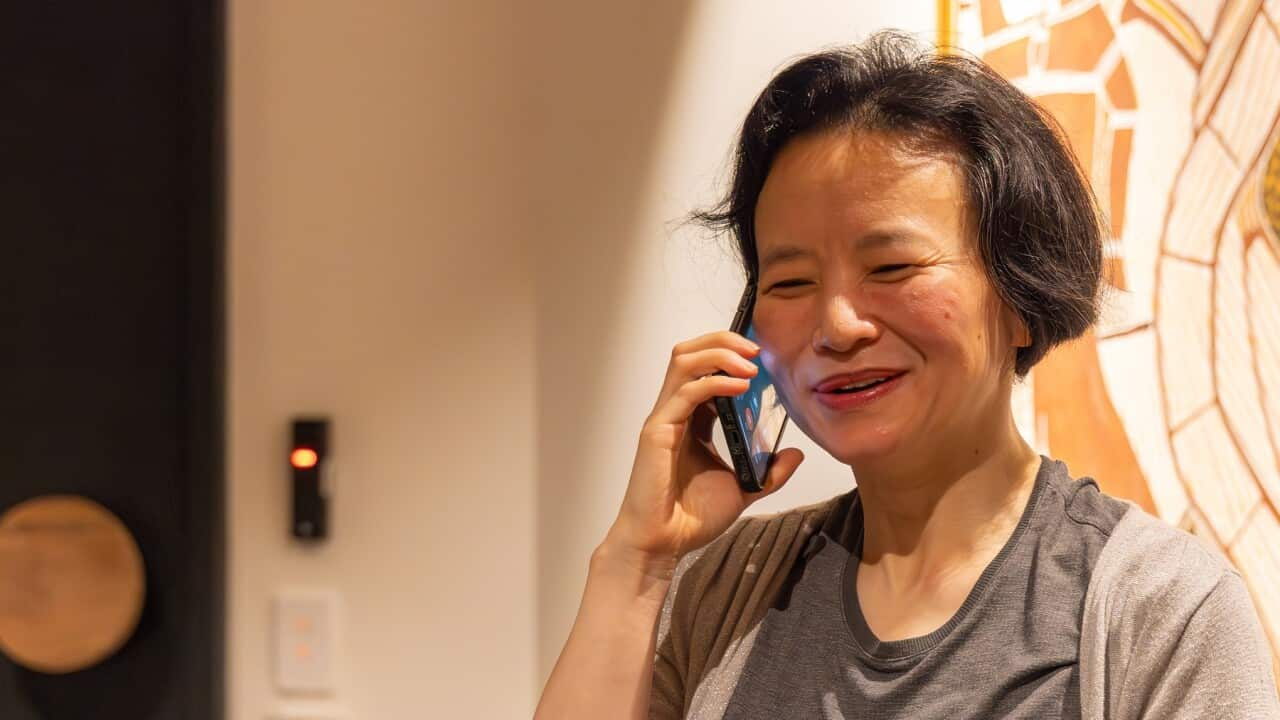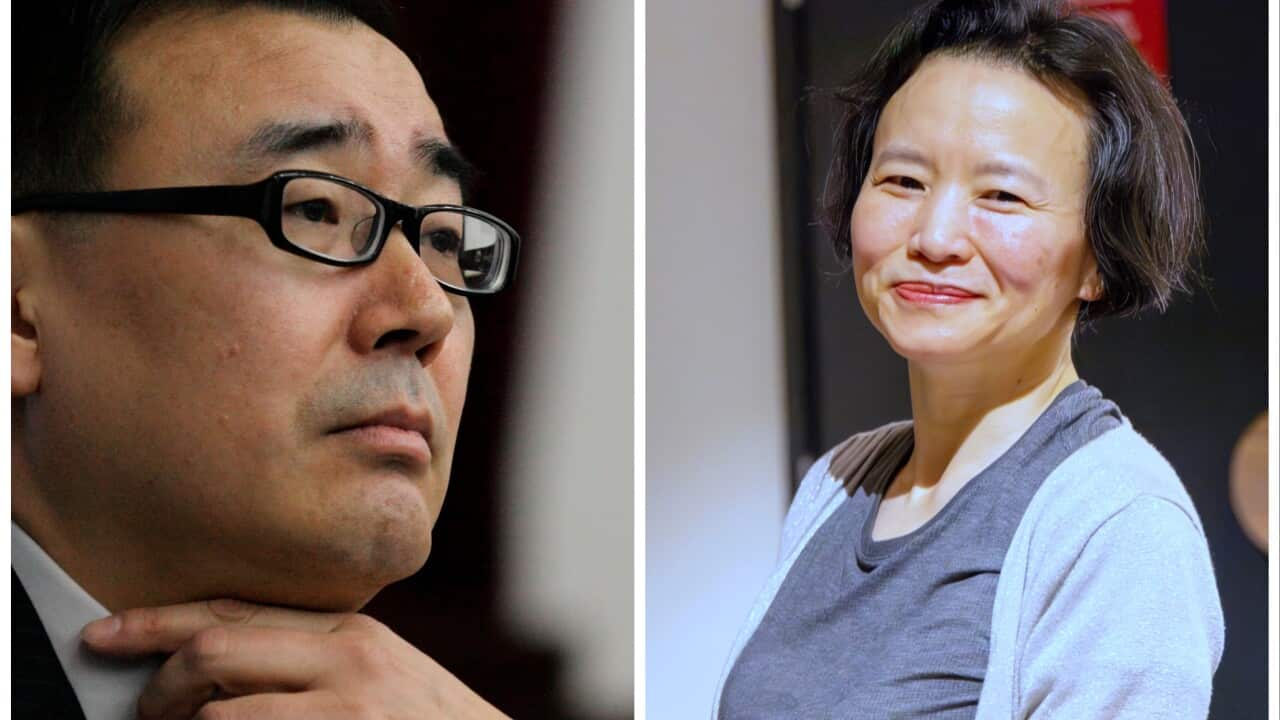Key Points
- Australian journalist Cheng Lei has described her experience of being detained in China for three years.
- Speaking to ABC's 7.30 program, she said she had been subjected to a "sophisticated and subtle form of torture".
- Cheng was arrested after breaking an embargo and was released on 11 October.
This article contains references to suicide and self-harm.
Australian journalist Cheng Lei says she was blindfolded and whisked away to a location where she endured a "sophisticated and subtle form of torture" .
The 48-year-old mother of two was . She had been detained for three years after breaking an embargo — an agreement between a journalist and other parties to hold off publishing information until an agreed time — by mere minutes, following a briefing by Chinese officials.
Cheng, a dual citizen who had been working for state-owned television in China, told ABC 7.30 on Tuesday that she felt she knew how to avoid being targeted by Chinese authorities.
"I always thought by being a business reporter I was quite safe, and I was very blasé and even boasted to other people that, because I was bilingual and I knew the culture, that I knew where the red lines were," she said.
"Turns out I don't at all".
Cheng Lei's arrest and pre-trial detention
In 2020, Cheng was arrested at work before being escorted to her apartment where she thought she would be back "in maximum, a few weeks".
She never stepped foot in it again.
Describing what happened after she was taken into custody by a member of China's state security apparatus, Cheng said: "I was blindfolded and taken to a location which, when they had me sign documents, showed to be a certain address in Beijing, which was where they do this RSDL (Residential Surveillance at a Designated Location)."
RSDL is a form of pre-trial detention in China where people can be held for up to six months, according to Human Rights Watch.
Cheng described it as a "sophisticated and subtle form of torture" that was particularly bad during the last month she was held there.
"While you are clothed and fed, you are warm and you are the safest you will ever be, you are undergoing, I think, the utmost pain emotionally, psychologically, and of course physically," she said.
"You're sitting there for 13 hours a day... I just hurt everywhere because they wouldn't let me walk around when I had a sore back; you had to apply for permission and sometimes it would be denied.
"But that was the last month of RSDL, the first few months under the control of the case officers were a little better."
She described the location she was in as a "very bare", beige padded cell where she had nothing of her own.
For example, my toiletries were brought to me, the food was brought to me by the guards; you were watched at all times," she said.
She said she was also subjected to "intimidating" interrogations that were an attempt to glean "everything that you know about everyone".
Transfer and sentencing
Cheng was later transferred to another facility where she had cellmates.
"Every time I woke up in the middle of the night, these numbers would jump at me ... such frightening numbers, like what if it is 15 years or 20? And I wouldn't see my children until they were totally grown," she said.
"I would lose them. Growing up forever. And what about my parents?
"And that would just make me want to knock my head against the tiles and kill myself."
She said she was berated by officers for telling them how she felt.
"The moment when you wake up, one minute that they are almost next to you and you wake up and you see the guard's face," she said.
At the time of her release, Prime Minister Anthony Albanese said no deal had been made with Beijing to secure her freedom and that authorities had taken into account time served in detention.
Readers seeking crisis support can contact Lifeline on 13 11 14, the Suicide Call Back Service on 1300 659 467 and Kids Helpline on 1800 55 1800 (for young people aged up to 25).
More information and support with mental health is available at and on 1300 22 4636.
supports people from culturally and linguistically diverse backgrounds.











